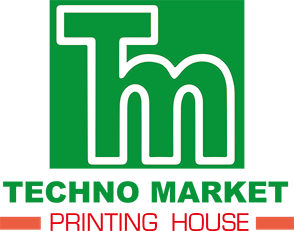The process of developing audit technology and implementation can be a costly venture. That’s why a comprehensive understanding of the scale of this process is necessary for decision-makers.
Experts say that the development and implementation of audit technology takes a lot of time and money as well as human resources. It also requires a thorough determination of the goals and targets that must be met. Implementation of technology for auditing is a complex procedure that requires constant communication between teams and a thorough understanding of the potential pitfalls that can occur at any point in the development process.
This is especially true if your project’s goal is to improve audit efficiency and data organization. For instance, one KPMG senior manager discovered that a company with multiple entities could save hundreds of hours in testing by utilizing automated technology to match and map different data sets.
Another possible application for emerging technologies is to allow auditors to conduct audits in remote and virtual environments. This technology improves efficiency, cuts down on travel costs and time spent in meetings with clients, and enables auditors to use more sophisticated tools, like analytics.
According to Samantha Bowling, CPA, CGMA, managing partner at Upper Marlboro, Md.-based Garbelman Winslow CPAs the implementation of new technologies into the audit is not an overnight procedure. Her company has implemented artificial Intelligence (AI) to identify high-risk transactions. This technology has enabled her to tailor audit procedures to specific risks and eliminate the need for sampling which results in greater efficiency and better quality.
